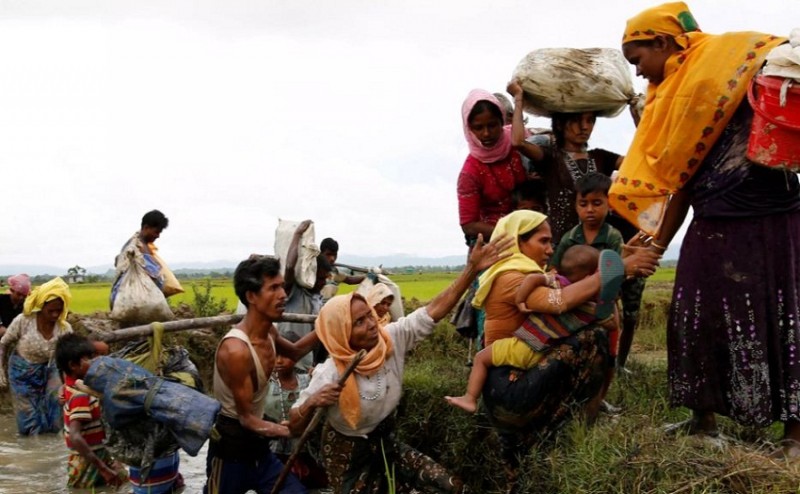
In a recent development, the Indian government has firmly stated its position on the presence of illegal Rohingya Muslim migrants within the country. Addressing the Supreme Court, the government emphasized that these migrants do not hold any fundamental right to reside or settle in India. It underlined the importance of respecting the boundaries between judiciary, legislative, and executive branches, indicating that the judiciary should not overstep its authority to create a separate category for granting refugee status to such individuals.
Referring to several Supreme Court judgments, the government clarified that while foreigners are entitled to the right to life and liberty under Article 21 of the Constitution, the right to reside and settle in India is exclusively reserved for Indian citizens. Furthermore, India does not recognize UNHCR refugee cards, which some Rohingya Muslims have used to claim refugee status.
The government's submission highlighted the significant security risks associated with the illegal migration of Rohingyas into India. It emphasized that aside from being unlawful, the continued influx of Rohingyas poses serious security challenges for the nation.
The affidavit also raised concerns about the broader issue of illegal migration from neighboring countries, particularly Bangladesh, which has led to demographic changes in border states like Assam and West Bengal. Additionally, credible intelligence suggests that many Rohingyas are involved in activities such as acquiring fake Indian identity documents, human trafficking, and subversive actions across the country, posing threats to internal and national security.
Responding to a plea for the release of detained Rohingyas by petitioner Priyali Sur, the government reiterated its stance on dealing with those illegally entering India in accordance with the Foreigners Act. It clarified that since India is not a signatory to the 1951 Refugee Convention and its Protocol, it will address the Rohingya issue based on its domestic framework.
The government rejected the petitioner's request to treat Rohingyas similarly to refugees from Tibet and Sri Lanka, stating that the recognition of refugee status is a policy decision that falls within the legislative domain. It emphasized that foreigners and illegal migrants do not have the right to equality under Indian law.
Indian National Congress Moves Delhi High Court Against Income Tax Department
Bombay High Court Convicts Former Policeman Pradeep Sharma in 2006 Fake Encounter Case